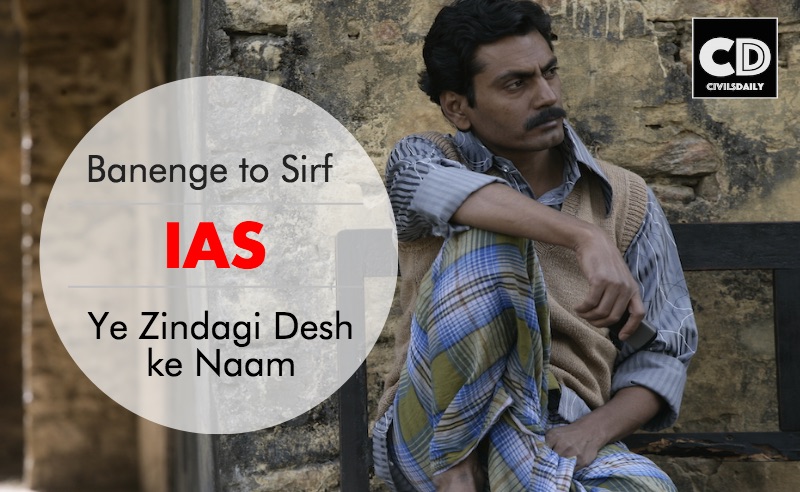Still in college or a dilemma whether to go for coaching classes or rely on self studies for IAS Preparation? Read To coaching or not to coaching first to make up your mind.
Now then, if you have indeed made up your mind to attend some, here are 5 recommendations on How to Make Most Out of Coaching Classes for IAS Preparation:
#1. Follow the class plan religiously
Most of the coaching centre follow a pre-meditated plan which is generally handed over at the outset listing the topics to be covers and the dates. Take advantage of this routine!
Since you already have the topic that shall be covered by the instructor, go through it from the reference books or the study material that may have been provided by the institute. The rationale behind doing so is that you shall have a fair idea of what to expect in the class, you shall be able to relate more to the topic and shall also be able to clarify doubts that would have cropped if you had read the topic from the reference books at a later stage.
Secondly, there is high chance that sometimes you might miss what the instructor just said in the ongoing clatter. In such cases you can still manage to get back on the track because you shall be able to fill up the gap from your prior reading of the topic. Thirdly, you will only take down the instructions that are not there in the reference book avoiding jotting down everything that the instruction speaks.
#2. Read your books, even if they are just NCERTs
At times the instructors shall themselves ask you to read some books, which may even be an NCERT, before you come for the next class. Read it. Do not assume that it will not serve any purpose as it is ‘just a NCERT’. NCERTs help a lot in understanding the most complex issues and the instructor must be having a reason to refer to it.
#3. Utilise your travel time well. Don’t waste it in playing teen patti!
Many of the aspirants travel from far off places to their coaching center. Make use of this traveling time. Opening a newspaper and spreading it might be annoying to fellow travelers and in any case does not give you the luxury of underlining in most cases and a reference book may be too heavy to carry everyday. Fall back on digital media. Best time to read up on from Civilsdaily’s Newscards, right?
#4. Avoid being the last bencher
It was just fine and cool if you were last bencher in your school/college, but in these classrooms try to occupy front benches if you really want to gain some knowledge. The last benches have enough non-serious candidates and noise to distract you through out the class. If some of them are your friends, shun them, for the class we mean!
#5. Create a better network – Study & Share
Few days into the class, you can very well identify the candidates who are there because they want to be there and are serious about their preparation. Befriend them. They will not only increase the utility of the class but shall also come in handy for discussing the issues. It is only with discussions with such candidates that you open up to new ideas and develop alternative perspectives.























